Raise Capital
May 1, 2025
Regulation CF Customer Perception: Insights for Startups and Investors
Regulation CF Customer Perception: Understanding Concerns
Many companies have misconceptions about how their customers will react to a community capital raise, often fearing negative perceptions or concerns about credibility. However, retail investing has evolved significantly in recent years, with the public increasingly viewing direct investment opportunities as a sign of transparency and innovation.
Digital capital raises now reflect modern approaches to business funding, where companies invite their communities to participate in their growth while maintaining brand control. This shift has led to more positive customer reactions, as people appreciate being included in a company’s journey and having the opportunity to become true stakeholders in its success.
Understanding Customer Perception
Customer perception is a crucial aspect of community capital, as it directly influences the success of crowdfunding campaigns and the overall growth of early-stage companies.
According to research published in the Journal of Business Venturing, understanding how potential investors perceive a company is essential for crafting a compelling story and creating a strategic advantage in the market.
By analyzing customer perception, businesses can:
- Identify areas for improvement in their offering
- Develop effective investor engagement strategies
- Attract both retail investors and non-accredited investors
- Create messaging that resonates on both emotional and rational levels
When companies take the time to understand their audience's perceptions, they can tailor their messaging to resonate more deeply with potential investors. This involves not only highlighting the financial benefits of investing but also emphasizing the company's mission, values, and growth potential by providing detailed information.

The Truth About Customer Reactions to Community Capital
There are many misconceptions surrounding Regulation CF customer perceptions and that using crowdfunding methods will make your business less credible. In reality, many customers view crowdfunding in a positive light. Consumers perceive crowdfunded products as higher quality and are willing to pay 21% more for the same product if it is labelled as crowdfunded.
Common Crowdfunding Misconceptions
Myth: Crowdfunding is a scam and investments are not secure
Fact: Regulatory measures designed to protect investors within Reg CF ensure that companies provide detailed disclosures and limit investments based on individual financial circumstances. To add another layer of security, invest with an accredited platform like DealMaker who perform background checks on both companies and investors to ensure security for both parties. Understanding and complying with legal requirements is crucial for successfully raising capital.
Myth: Crowdfunding is a last ditch effort for startups who had no success with VC
Fact: Reg CF raises are not a sign of failure and can be used at any stage by both startups and established companies. Crowdfunding raises can be leveraged to raise capital for projects, increase retail investor brand loyalty, and increase customer investor engagement.
Myth: Investing in Reg CF raises is too risky because you can’t liquidate
Fact: It is still possible to withdraw or liquidate your crowdfunding investments. Under Reg CF, companies cannot withdraw funds until their target offering amount is met and if this minimum is not reached, investors receive a full refund. Investors may also cancel their investment any time before the closing date and if companies close earlier than anticipated, investors are given notice and 48 hours to withdraw funds. Once the Reg CF raise is closed, securities cannot be sold/traded for one year unless it is to family, an accredited investor, or back to the company.
Investor Types and Their Impact on Perception
Different types of investors have distinct perceptions of companies and investment opportunities. These perceptions can vary significantly based on investor background and experience:
- Accredited investors typically focus on financial statements and regulatory compliance, ensuring their investments are secure and compliant with standards.
- Non-accredited investors often prioritize the company's mission and social impact, seeking to support businesses that align with their personal values.
- Retail investors are frequently more interested in the company's products or services and its potential for growth, particularly when they're already customers.
By understanding these differences, companies can tailor their investor relations strategies to effectively engage with each type of investor. Creating messaging that addresses the specific concerns and interests of different investor segments helps build a more inclusive and appealing investment proposition.
Case Studies: Enhanced Customer Relationships Through Capital Raises
Mode Mobile Reg CF Success
Crowdfunding can benefit your company beyond capital raising and holds many benefits when it comes to consumers with one example being Mode Mobile's successful Reg CF raise. Mode Mobile is a consumer technology company that enables users to earn rewards through their everyday smartphone activities, such as listening to music and engaging with apps. Their unique business model converts user engagement into tangible benefits, helping global users earn up to $1,200 annual supplemental income through their platform.

In 2024, Mode Mobile decided to work with DealMaker on a Regulation CF campaign despite having previously raised over $40 million by utilizing angel investors and venture capitalists. Dan Novaes, co-founder and CEO of Mode Mobile saw online capital raising as a venue to not only secure growth capital, but also build an investor community and enhance customer relationships.
By converting their existing user base into passionate investors, Mode Mobile was able to oversubscribe their Reg CF offering in less than six months. This was Mode Mobile's first online capital raise but was extremely successful due to their ability to create and foster investor-customer relationships. Ongoing reporting requirements post-campaign are crucial for updating stakeholders on the company's progress and any significant changes.
Mode Mobile utilized capital raise customer communication to inform their current customers of their upcoming crowdfunding round and converted these users who are already familiar with the product into enthusiastic and engaged investors. These investors became brand ambassadors and attracted more investors to continue driving Mode Mobile's crowdfunding success.
Mode Mobile enhanced their customer relationships during crowdfunding through two key strategies:
- Humanized communication: The executives believed in creating a community where investors feel valued. Each email was personally signed by CEO Dan Novaes, creating a more direct connection.
- Personalized bonus shares: Early investors were rewarded with additional shares based on investment timing or amount, incentivizing prompt participation and higher investment levels.
LiquidPiston’s Sustained Growth from Community Capital
LiquidPiston is an advanced engineering company and one of the first to succeed in online community capital raising. They specialize in compact, high-efficiency rotary engines based on their patented thermodynamic cycle. Their innovative X-Engine technology is designed for applications where size, weight, and fuel efficiency are critical, such as drones, generators, and electric vehicles.
LiquidPiston has been raising capital online since 2016 and has mastered the art of enhancing and leveraging customer relationships for sustained growth. They started with three Reg CF raises between 2016-2020 where they raised just over $1M each time (maximum was $1.07M at that time) and was one of the first companies to raise over $1M using Reg CF.
Companies like LiquidPiston that utilize their loyal investor group as brand advocates can continuously grow their investor base, allowing them to consistently increase their financial success with each round.
Keeping investors engaged is essential for this type of growth. LiquidPiston achieved this by:
- Providing regular updates on product development
- Maintaining consistent communication
- Showcasing new innovations and partnerships
- Creating a community of shared interest
This kept their investors confident in the brand and excited about the future which prompted more retail investor brand loyalty and advocacy, leading to more investors and higher contributions.

This strategy of enhancing and fostering customer relationships over multiple years proved successful during the 2021-2023 period where LiquidPiston raised approximately $48.1 million through online community capital raising. In a remarkable achievement, one of their Reg CF rounds reached the maximum $5 million in only 9 hours.
LiquidPiston demonstrates how community capital raising can turn into a long-term investment with high potential for repeated raises if you properly foster customer relationships, build trust and confidence. Their successful Reg CF rounds represent significant milestones in their growth trajectory.
The Investor Relations-Customer Relationship
Investor to Brand Ambassador
Crowdfunding turns your loyal customers into invested stakeholders and creates Regulation CF brand advocacy. These investor-customers are:
- 54% more likely to increase their spending
- 2× more likely to refer new customers
- 60% more likely to engage with your brand
Investor-customers become powerful brand ambassadors by having both an emotional and financial stake in the company's success. Their vested interest motivates them to actively promote the brand through word-of-mouth referrals, social sharing, and product advocacy, amplifying marketing efforts far beyond traditional customer engagement.
These loyalty effects often extend long-term as the community built during a crowdfunding campaign reinvest in future rounds and continue to act as brand ambassadors, helping attract and retain more investors. Community building is crucial in fostering loyalty among shareholders and enhancing investor engagement.

Ownership Psychology and Customer Experience
Transforming the customer experience through ownership psychology means turning customers into stakeholders who feel personally invested in the brand's success. Research from the Journal of Consumer Psychology shows that when customers become investors, they experience a greater sense of attachment, loyalty, and pride in the company's achievements, leading to higher engagement, increased spending, and a willingness to advocate for the brand within their networks.
Regulation CF raises allow investors to become partial owners and companies to build better community capital customer relationships. Using crowdfunding to communicate a compelling company vision, share growth milestones, and explain how customer investment directly contributes to the brand's future enhances the ownership mindset and creates a community of passionate brand champions rather than passive consumers.
Nurture Investor-Customer Relationships
Investor-customer relationships need special care because these stakeholders are both emotionally and financially invested in the company's success, creating deeper loyalty and stronger advocacy than traditional customers.
To best nurture this relationship:
- Provide regular, transparent updates on company progress
- Offer exclusive access to new products or events
- Recognize and celebrate top advocates
- Seek feedback on product development
- Build a sense of community through shared experiences
Utilizing the DealMaker Engage tool provides a centralized platform to maximize customer investor engagement and communication to further deepen loyalty, leading to higher retention and powerful word-of-mouth marketing. It's important to use investor profiles effectively to streamline investment processes and enhance user experience.
Investor Engagement Strategies
Effective investor engagement is critical for community capital, as it helps build trust and credibility with potential investors. According to research from the Stanford Social Innovation Review, creating and adhering to a specific business plan is essential for companies to find strategic success.
Companies can employ various strategies to engage with investors, including:
- Regular updates on business operations and growth metrics
- Transparent disclosure of financial information
- Interactive forums for feedback and Q&A sessions
- Opportunities for investors to participate in decision-making processes
- Community events that bring investors and company leadership together
By fostering a sense of community and inclusiveness, companies can create a loyal base of supporterswho will advocate for the business and help attract new investors. This often leads to increased investment limits and a higher likelihood of successful crowdfunding campaigns.
Measuring Customer Sentiment During and After Raises
Tracking Perception Changes
To effectively track perception changes during and after a Reg CF raise, companies can use a combination of measurement tools. The Journal of Business Research recommends:
- Pre and post-raise customer surveys to directly measure sentiment shifts
- Social media sentiment analysis tools to monitor changes in online conversations
- Net Promoter Score (NPS) surveys to quantify changes in customer loyalty and advocacy
Understanding how crowdfunding changes customer sentiment is crucial because it reveals the deeper impact of your capital raise beyond funding. Investors not only provide your company with capital, but also contribute to Regulation CF brand advocacy. Tracking sentiment shifts allows you to leverage your capital raise as a catalyst for long-term growth and brand strength, not just a one-time funding event.
Social Media Monitoring
Some effective social media monitoring approaches for tracking perception changes during and after a Reg CF raise include:
- Hashtag tracking to follow campaign-specific discussions
- Keyword monitoring for direct mentions of your company and offering
- Sentiment analysis to gauge the overall tone of feedback
- Community response analysis which examines the quality and tone of conversations about your company
- Engagement rate tracking to measure how actively your audience interacts with your content (likes, shares, comments, and clicks)
These approaches provide a comprehensive view of how your capital raise is impacting your brand's perception across social platforms and can help identify areas of improvement for future raises.
Effective Survey Methods
Surveys can be a great way to gauge customer sentiment, but only if they are created effectively to reveal true customer attitudes. Some effective approaches include:
- Net Promoter Score (NPS) surveys provide a clear metric for assessing overall customer loyalty. Asking how likely customers are to recommend your company to others can be done as simply as clicking a smiley face and is particularly valuable after a capital raise to gauge shifts in brand perception.
- Open-ended feedback questions give customers the opportunity to express their thoughts in their own words, uncovering specific likes, concerns, and suggestions that might not surface in structured questions. These types of questions often reveal nuanced sentiment changes that quantitative data alone might miss.
By combining these different survey methods, you can capture a more accurate and comprehensive picture of your customer sentiment.
Incorporating Feedback
Incorporating feedback platforms during and after a raise is vital to understand customer sentiment and foster continuous improvement. Effective feedback incorporation strategies begin with:
- Systematic categorization and prioritization of customer input, ensuring actionable suggestions are promptly addressed
- Transparent communication about improvements made in response to feedback
- Embedding feedback loops into operational and product development processes
These approaches help ensure your offerings continuously evolve to meet customer needs while demonstrating your commitment to customer voices.

Investment Considerations for Community Capital
When considering community capital as a funding option, companies should carefully evaluate the potential benefits and risks. Community capital can offer a strategic advantage by providing access to a large pool of potential investors, including retail investors and non-accredited investors. However, it also requires companies to be transparent and accountable, as investors will be closely monitoring the company's progress. Some Securities and Exchange Commission (SEC) regulations to be aware of are:
By weighing these factors and developing a comprehensive guide to community capital, companies can make informed decisions and navigate the Reg CF process to achieve success.
Competitive Advantage Through Community Capital
Reg CF Differentiating your Brand
Transparent capital raises set your brand apart by building trust and credibility with both current and prospective investors. Transparency in financial operations is one of the most significant drivers of consumer trust and 94% of consumers are more likely to be loyal to a transparent company.
When you clearly communicate your fundraising goals, progress, and use of funds during your Reg CF campaign, you demonstrate professionalism and openness that many companies lack. This transparency helps potential investors feel confident in their decision, knowing they have a clear understanding of your company's direction and financial management. Providing clear, accurate information regarding financial health and fund utilization is crucial to building this trust with investors.
Reg CF raising also promotes investor-customer feedback better than traditional methods by giving you direct access to a community of investors who are also your customers, enabling ongoing two-way communication and real-time insights. Raising funds through Regulation CF also helps achieve growth objectives. By creating an engaged investor community, you can use this loyalty for future raises such as Reg D or Reg A+.
Leveraging Feedback for Product Development
The increased access to investor-customer feedback gained through crowdfunding can assist with product development by providing direct insights from people who are both users and stakeholders in your company's success.
Investor-customers often offer more thoughtful and actionable suggestions than standard customers, helping you identify pain points, test new concepts, and validate ideas before full-scale development. Research from the MIT Sloan Management Review found that companies that effectively incorporate customer feedback into product development see a 20-30% increase in customer retention and satisfaction.
Convertible notes, as hybrid securities that initially function as debt but can be converted into equity under certain conditions, such as during a future financing round, are appealing to early-stage startups looking to raise additional capital while avoiding immediate ownership dilution. Incorporating their feedback into your product roadmap not only improves your offerings but also increases loyalty and engagement, creating a valuable cycle of continuous improvement and community support.
Community Engagement and Growth

Sustainable growth after a Reg CF raise is driven by authentic community engagement, where businesses foster genuine relationships with their investor-customers. By building a strong sense of belonging and shared purpose, you create a loyal base that advocates for your brand and contributes valuable insights.
This approach transforms traditional customers into a community capital competitive advantage because your engaged audience becomes a unique asset that competitors can't easily replicate. According to research from the Journal of the Academy of Marketing Science, companies with strong community engagement see 33% higher customer retention rates and 20% more organic referrals.
Over time, this engaged community provides consistent support, word-of-mouth marketing, and ongoing feedback, helping your company adapt to changing market conditions while maintaining a stable foundation for long-term growth.
Building Stronger Customer Relationships Through Capital Formation
The stigma surrounding crowdfunding and digital capital raising is evaporating, with research confirming that many customers view crowdfunded products as high quality and are willing to pay more for them.
Additionally, Regulation CF raises signal transparency and innovation, turning loyal customers into engaged stakeholders and strengthening brand loyalty.
Leveraging digital capital formation for your Reg CF raise can significantly enhance customer loyalty because your most engaged customers become stakeholders in your company's growth and feel personally invested in its success. When customers are given the chance to invest directly, digital capital formation customer impact becomes clear as investor-customers develop a deeper emotional connection to your brand and are more likely to become enthusiastic advocates.
This creates a powerful network effect, as investor-customers often refer others and remain engaged in current and future raises which strengthens the overall community and drives long-term loyalty.

Your submission has been received. We will reach out to you via email to schedule a call.
Oops! Something went wrong while submitting the form.





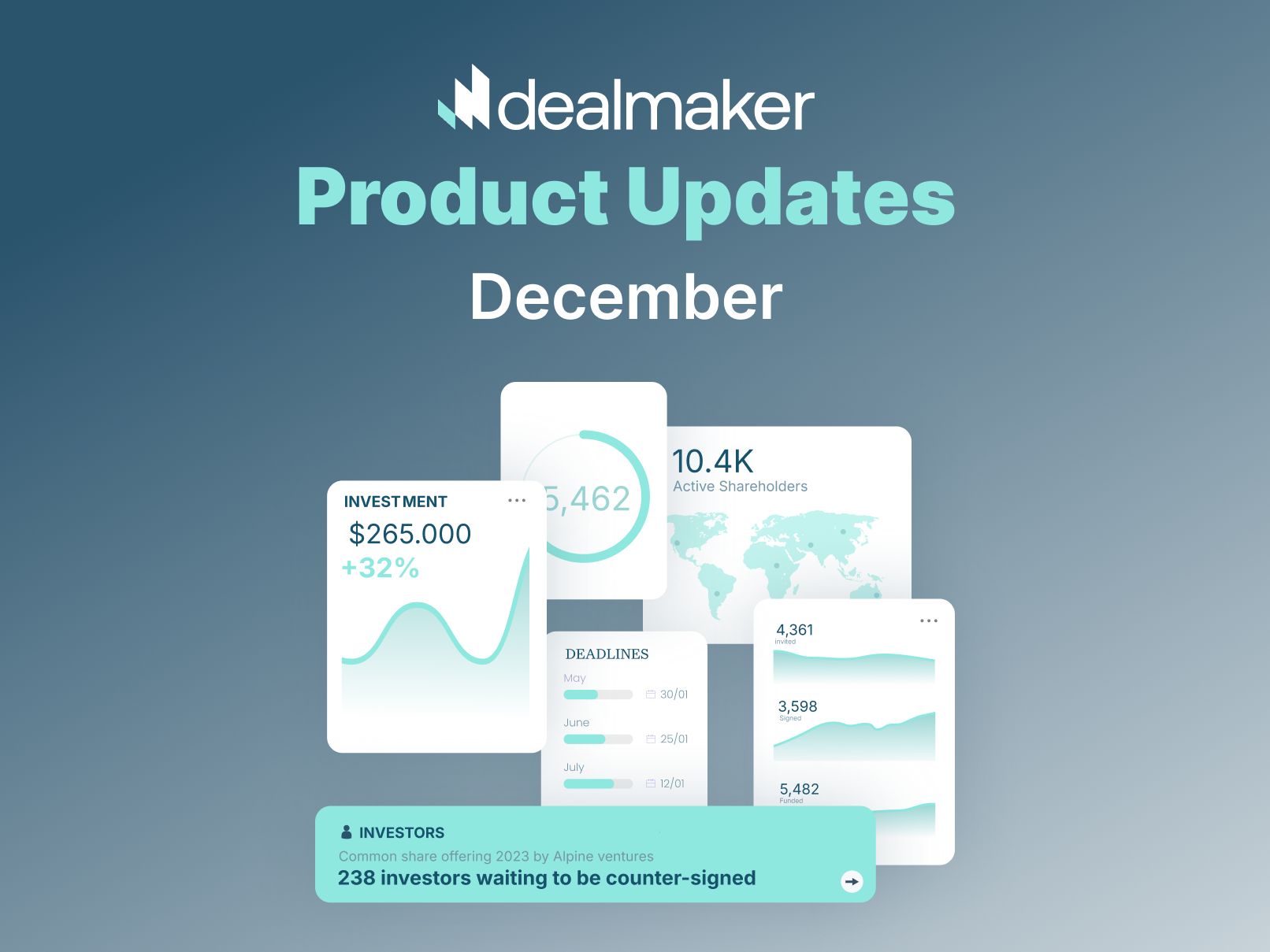
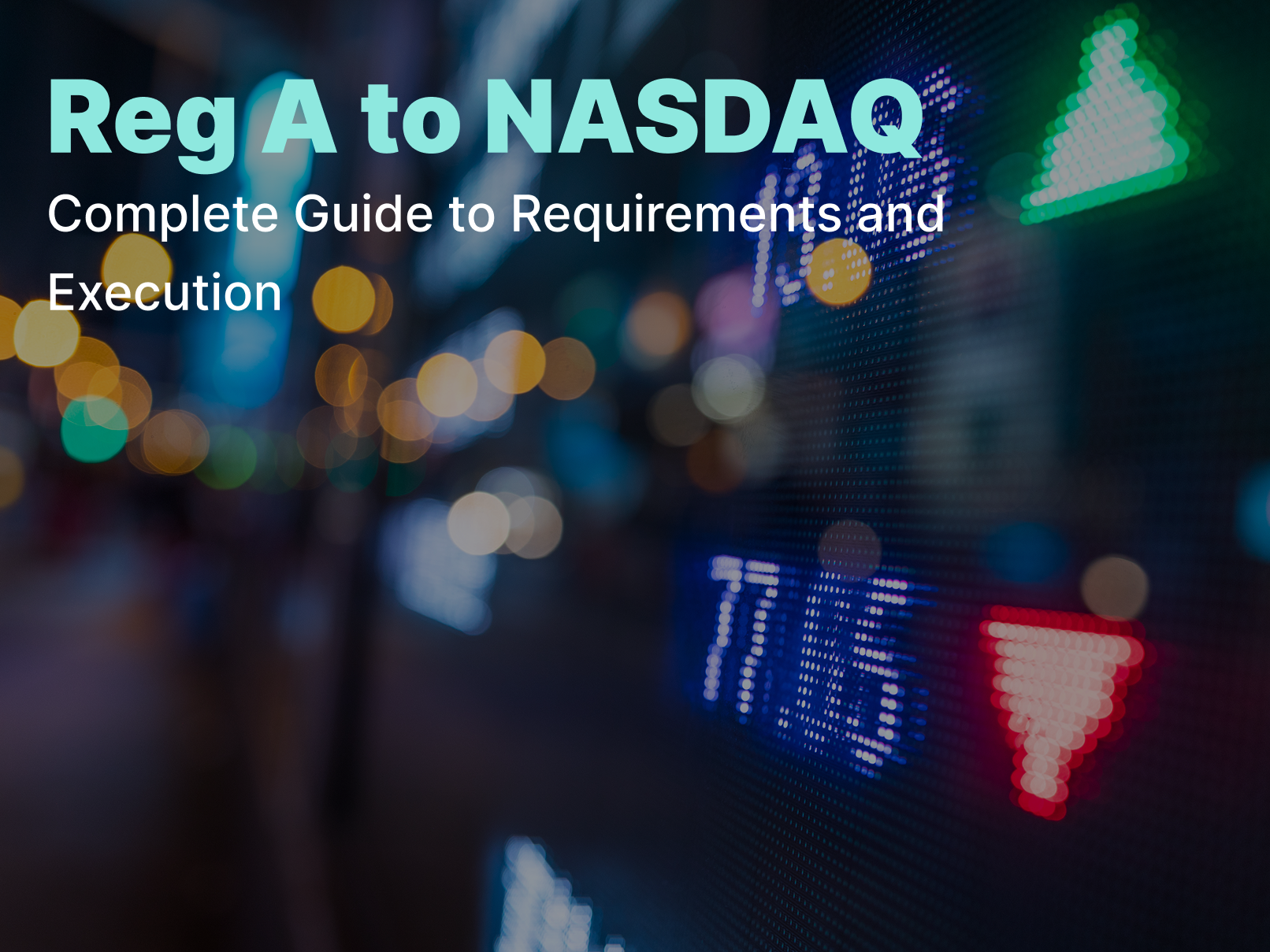
.png)
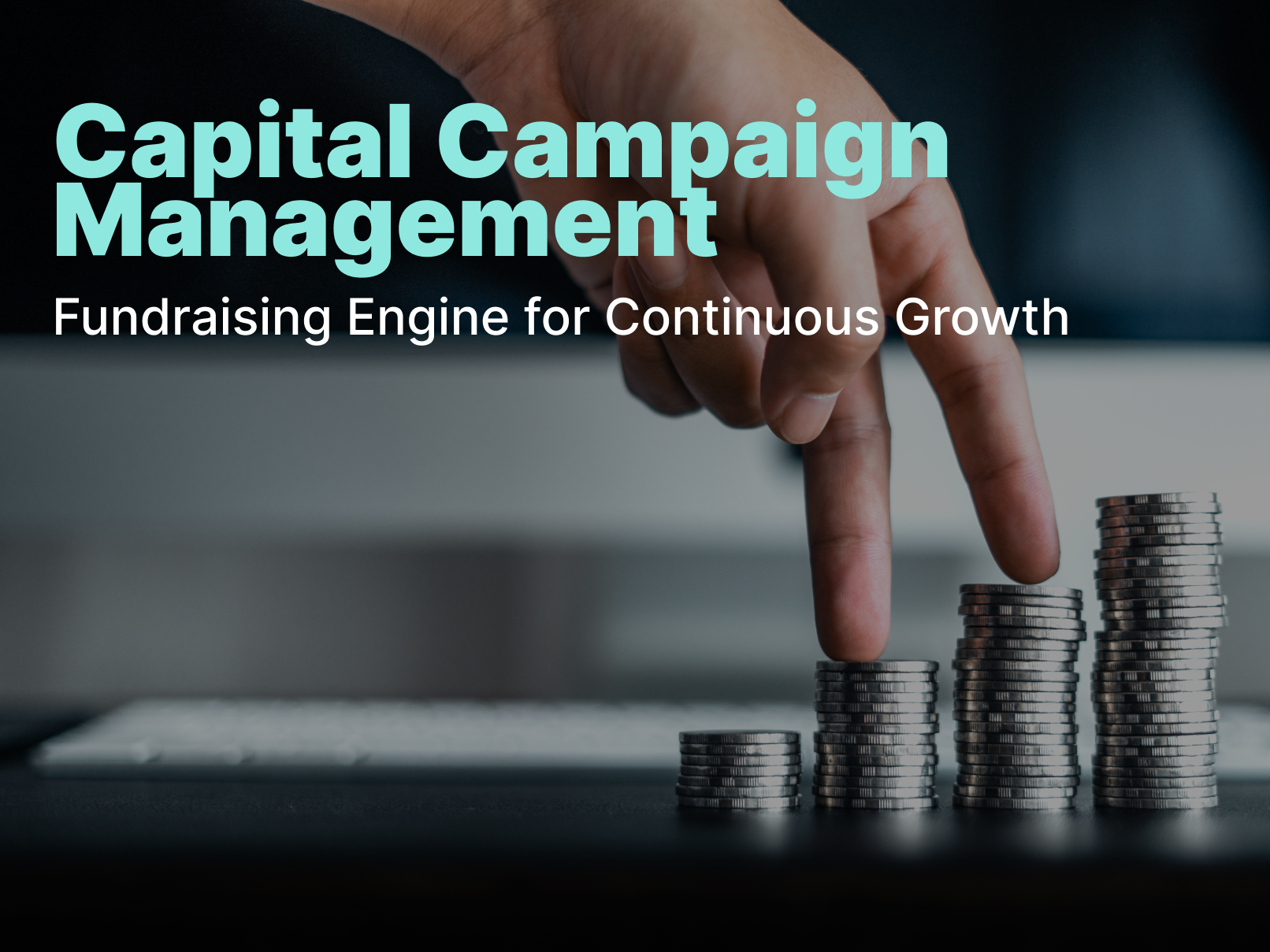
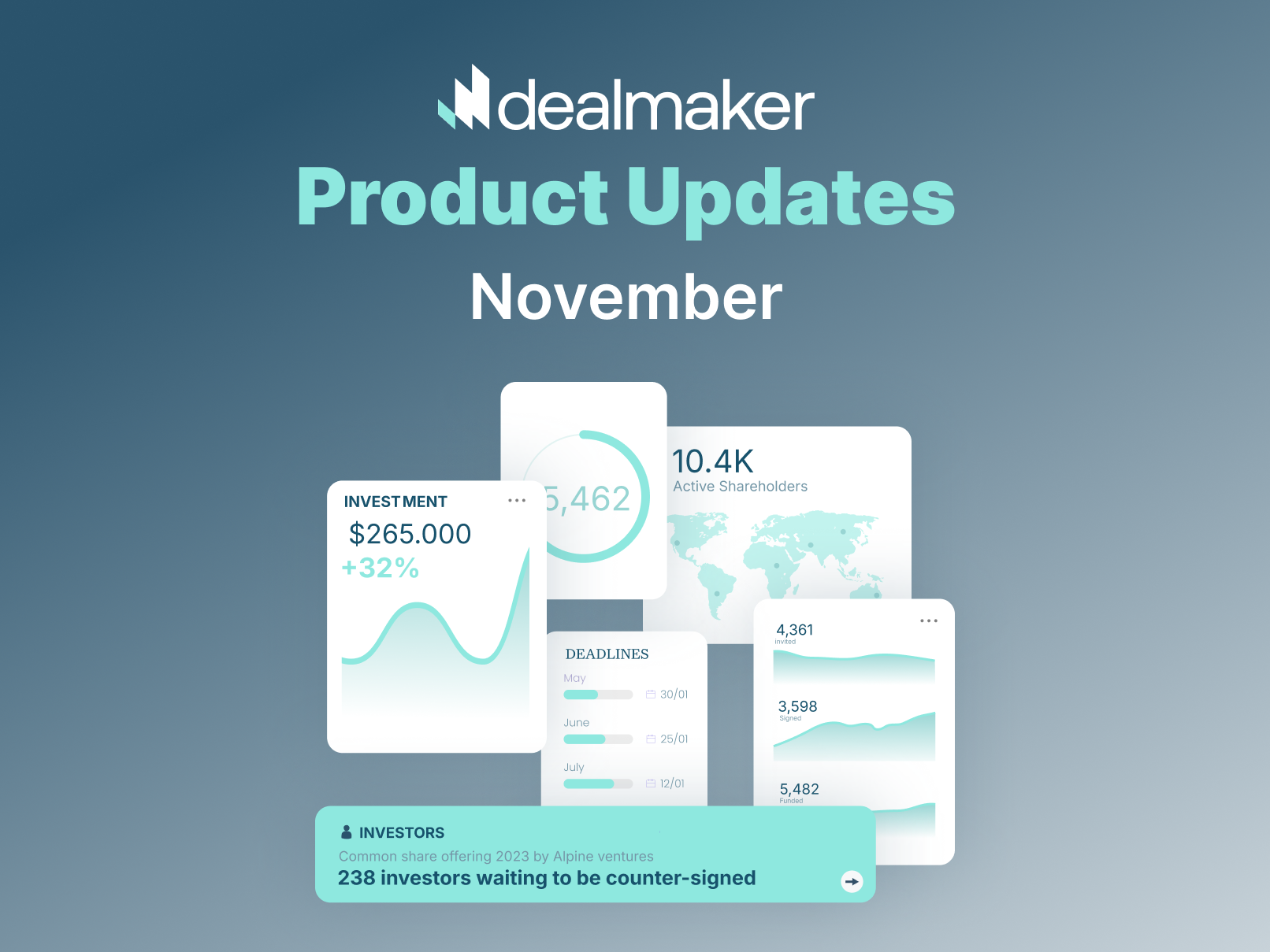
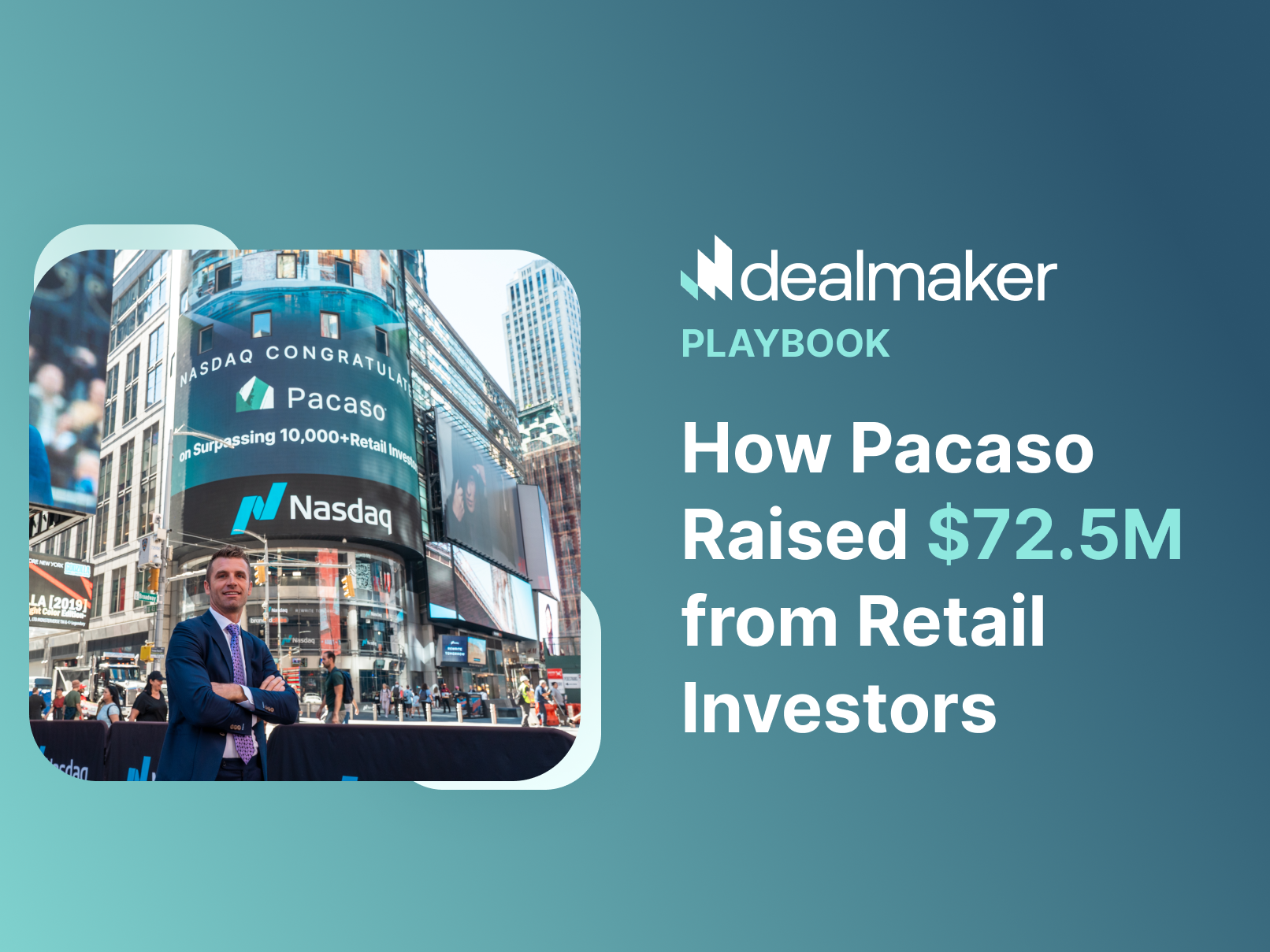
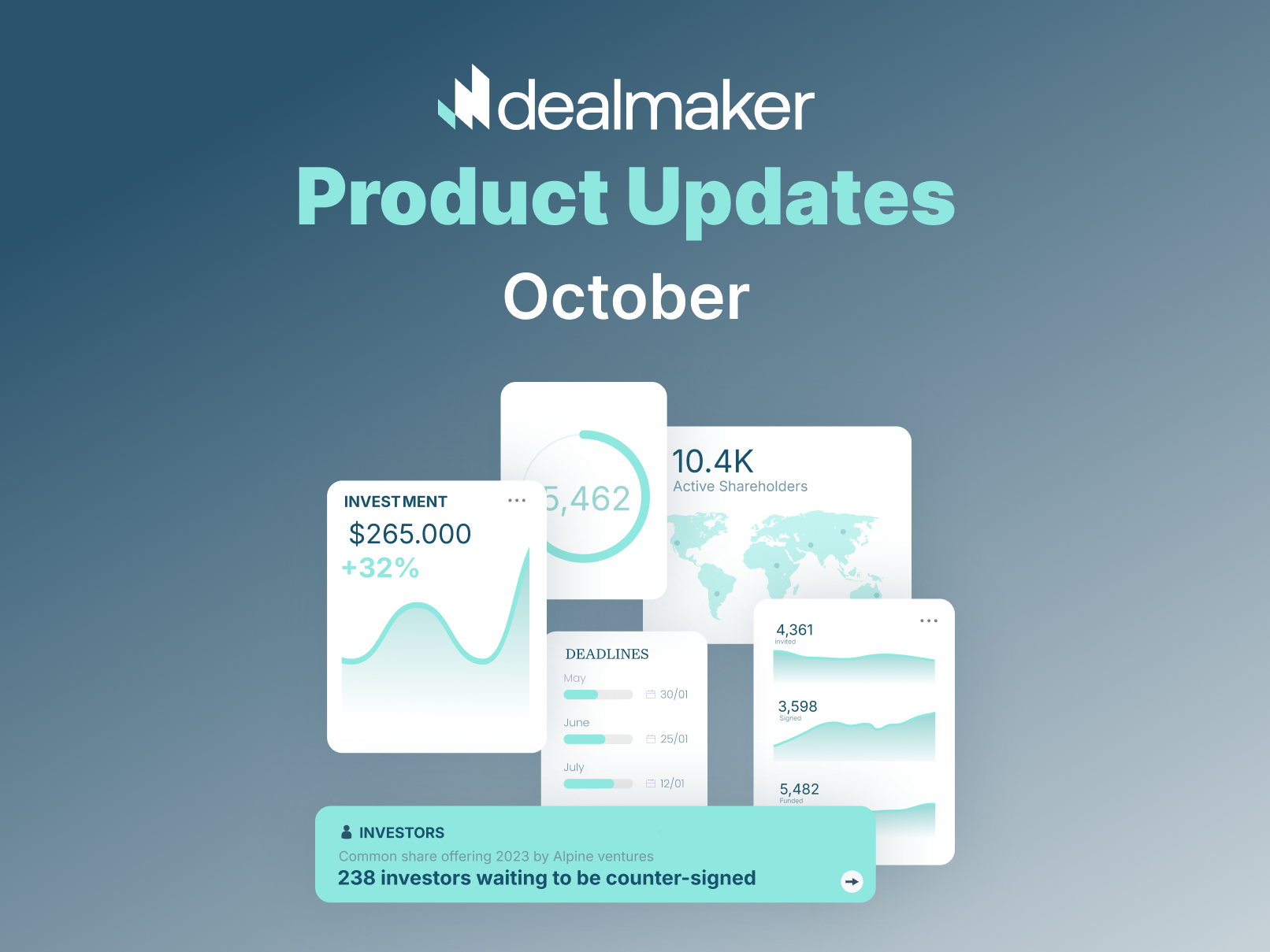
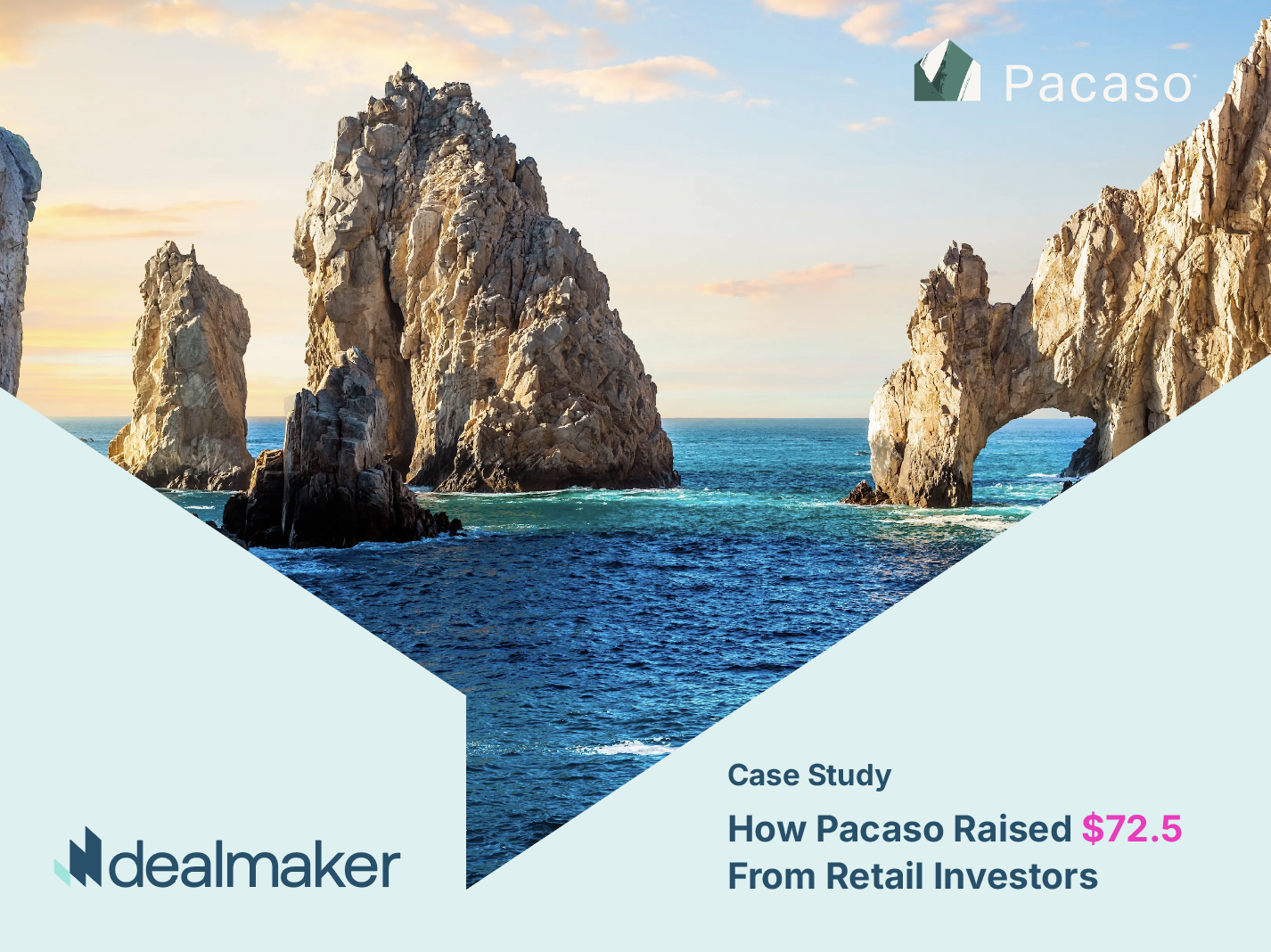
.webp)
.webp)
.webp)
%20(1).webp)